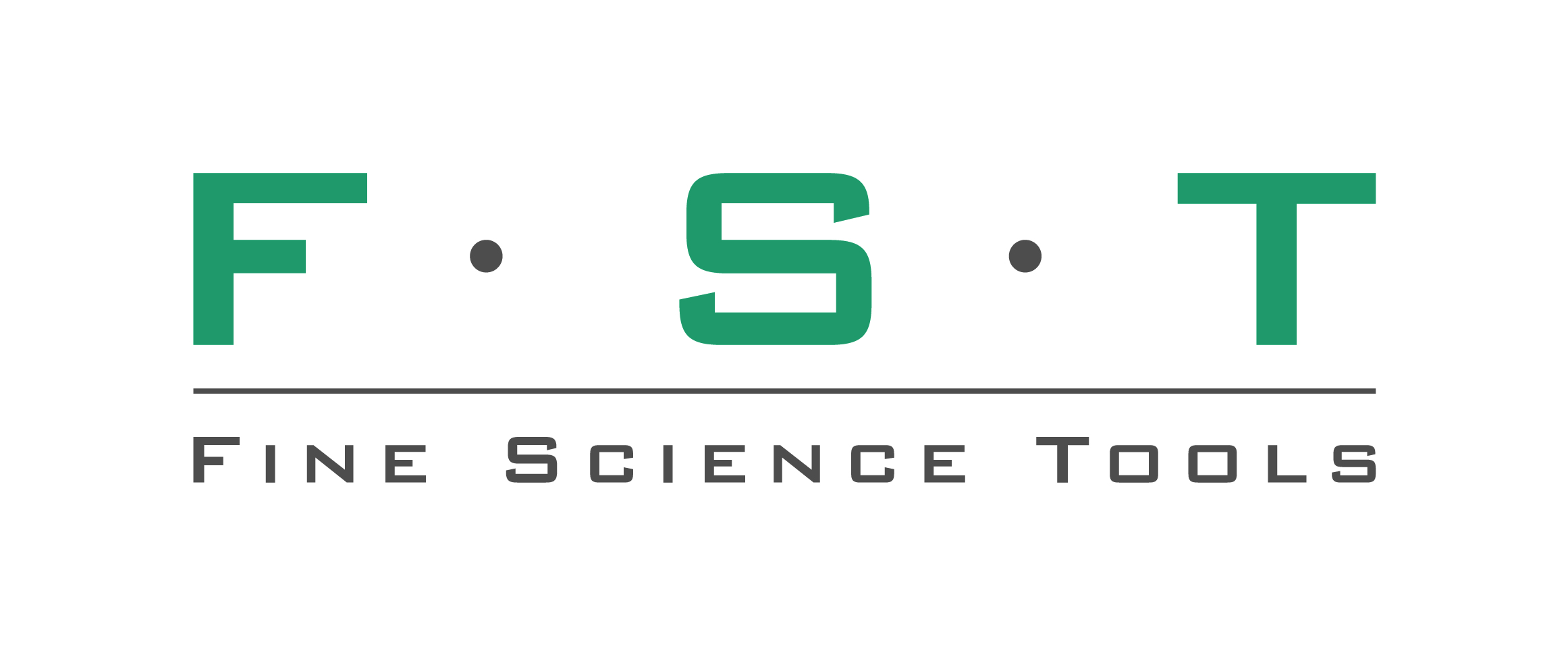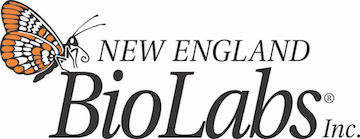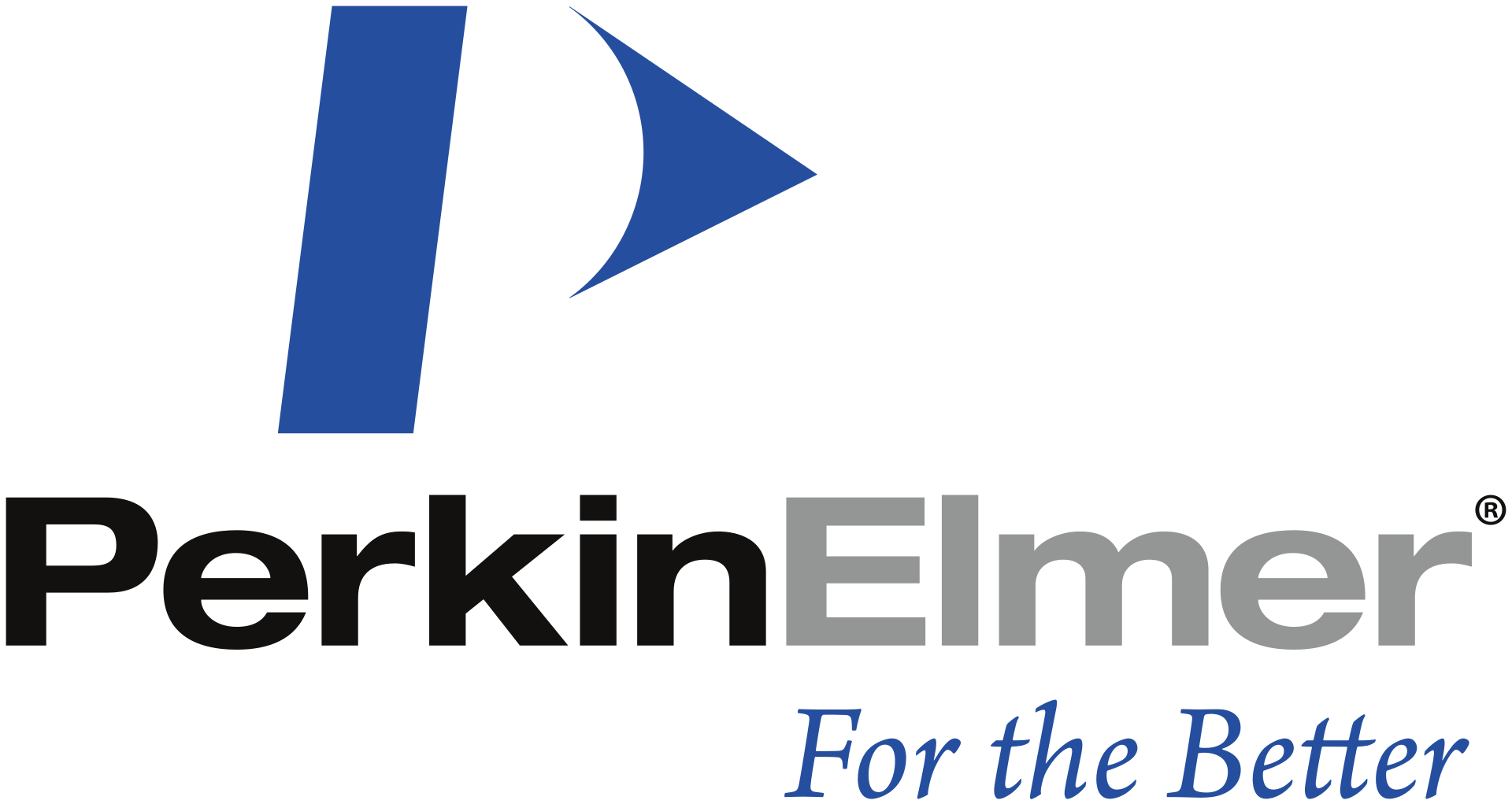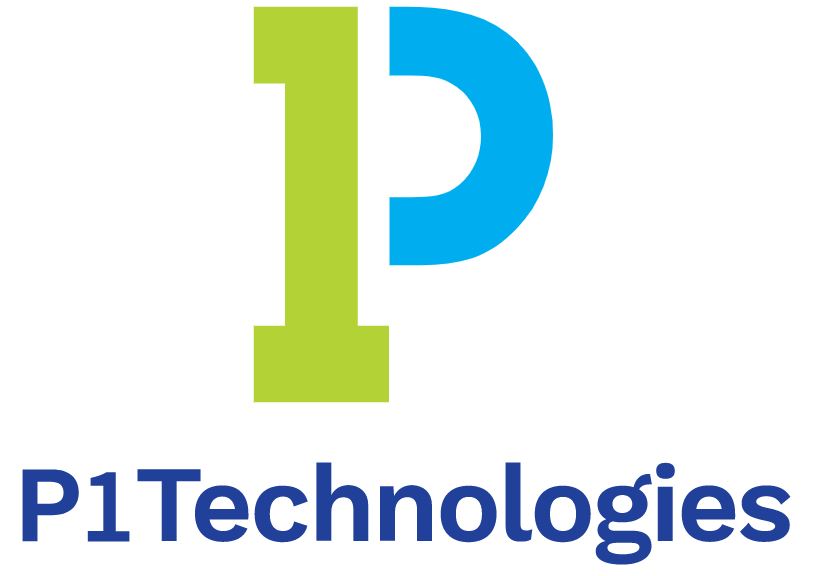Speakers
-
Joseph T Bass, M.D., Ph.D.
Professor of Medicine; Director, Center of Diabetes and Metabolism
Northwestern University, Feinberg School of Medicine
-

Roberta Diaz Brinton, Ph.D.
Director, Center for Innovation in Brain Science
The University of Arizona Health Sciences
-

Gregory Carter, Ph.D.
Professor, The Bernard and Lusia Milch Endowed Chair
The Jackson Laboratory
-

Gary Churchill, Ph.D.
Professor, Karl Gunnar Johansson Chair
The Jackson Laboratory
-

Jason DeBruyne, Ph.D.
Professor, Pharmacology and Toxicology
Morehouse School of Medicine
-

Ying-Hui Fu, Ph.D.
Professor, Neurology
University of California, San Francisco
-

Struan F.A. Grant, Ph.D.
Co-Director of Center for Spatial and Functional Genomics
Children's Hospital of Philadelphia
-

Carla Green, Ph.D.
Professor, Department of Neuroscience
University of Texas, Southwestern
-

David Holtzman, M.D.
Professor of Neurology
Washington University
-

Gareth Howell, Ph.D.
Professor, Diana Davis Spencer Foundation Chair for Glaucoma Research
The Jackson Laboratory
-

Vivek Kumar, Ph.D.
Associate Professor
The Jackson Laboratory
-

Owen McGuinness, Ph.D.
Professor, Molecular Physiology and Biophysics
Vanderbilt University School of Medicine
-

Vilas Menon, Ph.D.
Assistant Professor of Neurological Sciences
Columbia University Irving Medical Center
-

Erik Musiek, M.D., Ph.D.
Professor of Neurology
Washington University School of Medicine in St. Louis
-

Kristen M.S. O'Connell, Ph.D.
Associate Professor
The Jackson Laboratory
-

Allan I Pack, M.B.Ch.B., Ph.D., FRCP
John Miclot Professor of Medicine
University of Pennsylvania, Perelman School of Medicine
-

Ketema Paul, Ph.D.
Professor
University of California, Los Angeles
-

Lucia Peixoto, Ph.D.
Assistant Professor
Washington University
-

Paul Robson, Ph.D.
Professor
The Jackson Laboratory
-
Russell H. Swerdlow, M.D.
Professor, Neurology
University of Kansas Medical Center
-

Joseph Takahashi, Ph.D.
Professor and Chair
UT Southwestern Medical Center
-

Gianluca Tosini, Ph.D.
Professor and Chair
Morehouse School of Medicine
-

Kenneth P. Wright Jr., Ph.D.
Professor of Distinction
University of Colorado Boulder













